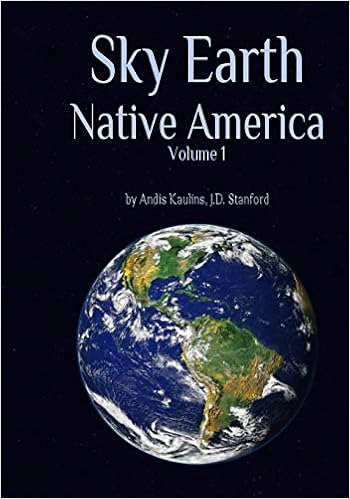John P. A. Ioannidis at the Scientific American in Science Research Needs an Overhaul
writes that he has co-founded a new center at Stanford University --
the Meta-Research Innovation Center at Stanford (METRICS) -- to deal
with the costly problem that most mainstream research is wasted, for
example, 85% of medical research, according to The Lancet. He writes that the METRICS center:
We have been confronted for years by gullible, uninformed, and opinionated people in and out of science proclaiming the near infallibility of mainstream ideas and research methods.
Having taught research ourselves at the university level, we know from experience, of course, that exactly the opposite is true.
Most of what is researched in science and published as a result is a costly waste of time and often leads science in the wrong direction.
One main reason for these follies of "scientific research", as we have written time and time again, is that science in the past has been predominantly "authority-based", whereas "evidence-based" research must be given priority.
Outdated memes must be abandoned.
That is our quest.
"[W]ill seek to study research practices and how these can be optimized. It will examine the best means of designing research protocols and agendas to ensure that the results are not dead ends but rather that they pave a path forward. The center will do so by exploring what are the best ways to make scientific investigation more reliable and efficient."We applaud this development.
We have been confronted for years by gullible, uninformed, and opinionated people in and out of science proclaiming the near infallibility of mainstream ideas and research methods.
Having taught research ourselves at the university level, we know from experience, of course, that exactly the opposite is true.
Most of what is researched in science and published as a result is a costly waste of time and often leads science in the wrong direction.
One main reason for these follies of "scientific research", as we have written time and time again, is that science in the past has been predominantly "authority-based", whereas "evidence-based" research must be given priority.
Outdated memes must be abandoned.
That is our quest.


